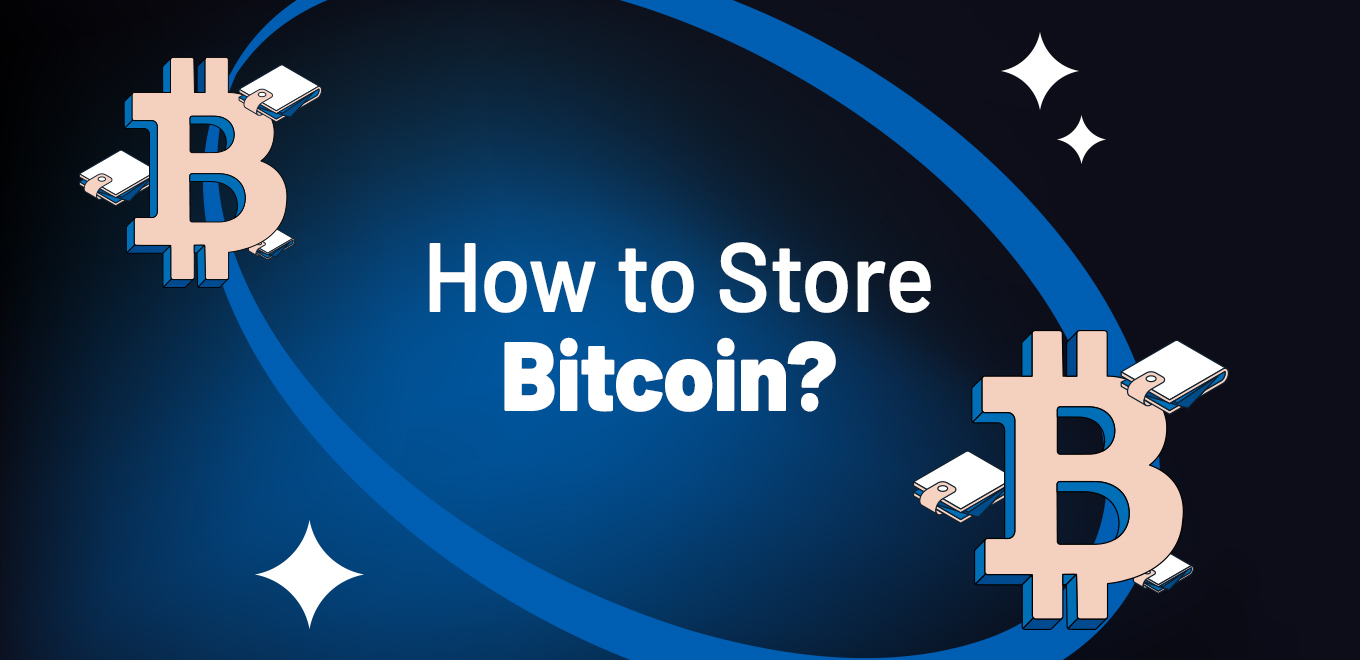Bitcoin is produced and stored on the Bitcoin blockchain. Users do not transfer the Bitcoin itself, but rather the ownership of Bitcoin. Ownership changes of Bitcoin are recorded on the blockchain. In other words, Bitcoin is stored on the blockchain. However, the private keys used to transfer ownership of Bitcoin are stored in software called a Bitcoin wallet.
Bitcoin wallets can be classified into five main categories:
- Desktop Software Wallets
- Mobile Wallets
- Hardware Wallets
- Online Wallets
- Paper Wallets
You can choose to use any of these wallets, or even multiple wallets, depending on your intended use. However, no matter which wallet you choose, you should always remember that you are responsible for the security of the wallet you use.
The wallet you choose stores the private keys that allow you to control your Bitcoins. If you lose access to your wallet or your wallet itself, you could completely lose control of your Bitcoins. Therefore, before selecting a wallet, it is important to thoroughly understand the different types of wallets available.
Which wallets can you use to store Bitcoin?
Have you purchased Bitcoin for the first time and want to store it yourself? Let’s take a look at which wallets you can use and what you need to pay attention to.
Desktop Software Wallets
The first Bitcoin wallet used to store private keys for Bitcoin addresses and facilitate Bitcoin transfers, along with the initial version of the Bitcoin mining software, was released by Satoshi Nakamoto on January 9, 2009. The Bitcoin Core wallet continues to be developed and updated by the Bitcoin Core team. By downloading the Bitcoin Core wallet, you can store a copy of the Bitcoin blockchain on your computer and manage your Bitcoins.
If you don’t want to download the entire Bitcoin blockchain to your computer, you can use third-party desktop wallets. These wallets act as a bridge between the blockchain and the private keys of the addresses you own, facilitating your Bitcoin transactions by relaying them to the blockchain.
Mobile Wallets
Mobile wallets are smartphone applications that allow you to perform transactions on the Bitcoin blockchain using your private keys. The entire Bitcoin blockchain is synchronized by the service provider. Mobile wallets help users manage their Bitcoin assets on the blockchain directly from their smartphones.
Hardware Wallets
Hardware wallets are portable devices that store your private keys, enabling you to perform transactions on the Bitcoin blockchain. Users who wish to store their private keys on a device that is not continuously connected to the internet can use hardware wallets. By connecting your hardware wallet to your computer or pairing it with your smartphone, you can transfer Bitcoin and other cryptocurrencies.
Online Wallets
Online wallets are internet services that store your private keys for you and allow you to perform transactions on the blockchain from almost any device with internet access. Online wallets offer additional security features such as login via email and password, two-factor authentication, and SMS verification. However, despite the encryption of your private keys, they are still stored on devices that are constantly connected to the internet.
Paper Wallets
Paper wallets are physical documents that contain a Bitcoin address and the corresponding private key in the form of a QR code. While paper wallets are often used for offline transfers of Bitcoin or for receiving payments, they are not considered a secure method for storing private keys due to risks such as fire, wear and tear, loss, and other potential damage.
Did you know?
By signing up for BtcTurk | Global, you can deposit cryptocurrency to your account, buy Bitcoin, and securely store it in your BtcTurk | Global account.




